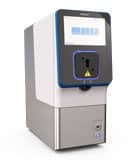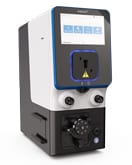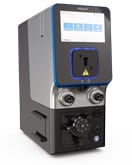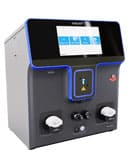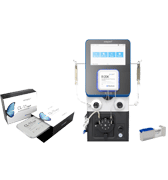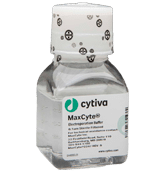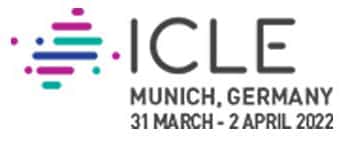
ICLE – International Conference on Lymphocyte Engineering
Munich, Germany
March 31 – Apr 2, 2022
Expanding the Paradigm of Immuno-Gene Therapy With ground-breaking clinical success and exponentially growing research leading to FDA approved products, lymphocyte engineering is the way of the future. Join us for the 3rd International Conference on Lymphocyte Engineering – where the world’s health innovators in immuno-gene therapy come together.
Featured Event
Saturday, April 2 from 8:00 – 8:25 am in the Ballsaal Plenary Hall
Presentation: Next-Generation DNA NanoVectors – an alternative Vector Platform for the safe, rapid and persistent manufacture of recombinant T cells for Autologous T Cell Immunotherapy
What was presented:
- A novel non-integrating minimally sized DNA vector platform named nS/MARt was used to efficiently engineer human T lymphocytes.
- When nS/MARt technology was combined with GMPcompliant MaxCyte Flow Electroporation®, the production of clinical scale recombinant CAR T cells with enhanced antitumor activity was achieved in only five days.
- The key advantages of the nS/MARt vector platform include simplified vector engineering, low immunogenicity, and low production costs enabling rapid manufacture of safe and effective CAR T cell therapies for thousands of patients.
Presenter:
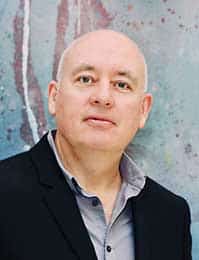
Dr. Richard Harbottle
Head of DNA Vector Research, German Cancer Research Centre (DKFZ) – Heidelberg, Germany
Dr Richard Harbottle undertook his undergraduate degree in Scotland at the University of St Andrews and his MSc, PhD and post-doctoral training in a Gene Therapy lab at Imperial College London where he worked on developing non-viral methods for introducing DNA into cells. He is currently the Research Group Leader of the DNA Vector Laboratory at the German Cancer Research Centre (DKFZ) in Heidelberg. His lab is now focused on the generation and application of novel, next-generation DNA vectors for gene therapy and cell therapy and for the safe and persistent genetic modification of cells. These DNA vectors provide therapeutic transgene expression without the use of potentially toxic viral components or the risk of insertional mutagenesis.
His laboratory has recently made a breakthrough in the design of these DNA vectors which allows their application in stem cells and primary human cells. For the first time a non-integrating and non-viral vector system can provide persistent transgene expression in these types of cells without the risk of integrative mutagenesis or viral-mediated toxicity. His lab is now applying this novel DNA Vector platform for immunotherapy, regenerative medicine and personalized gene and cell therapy.
